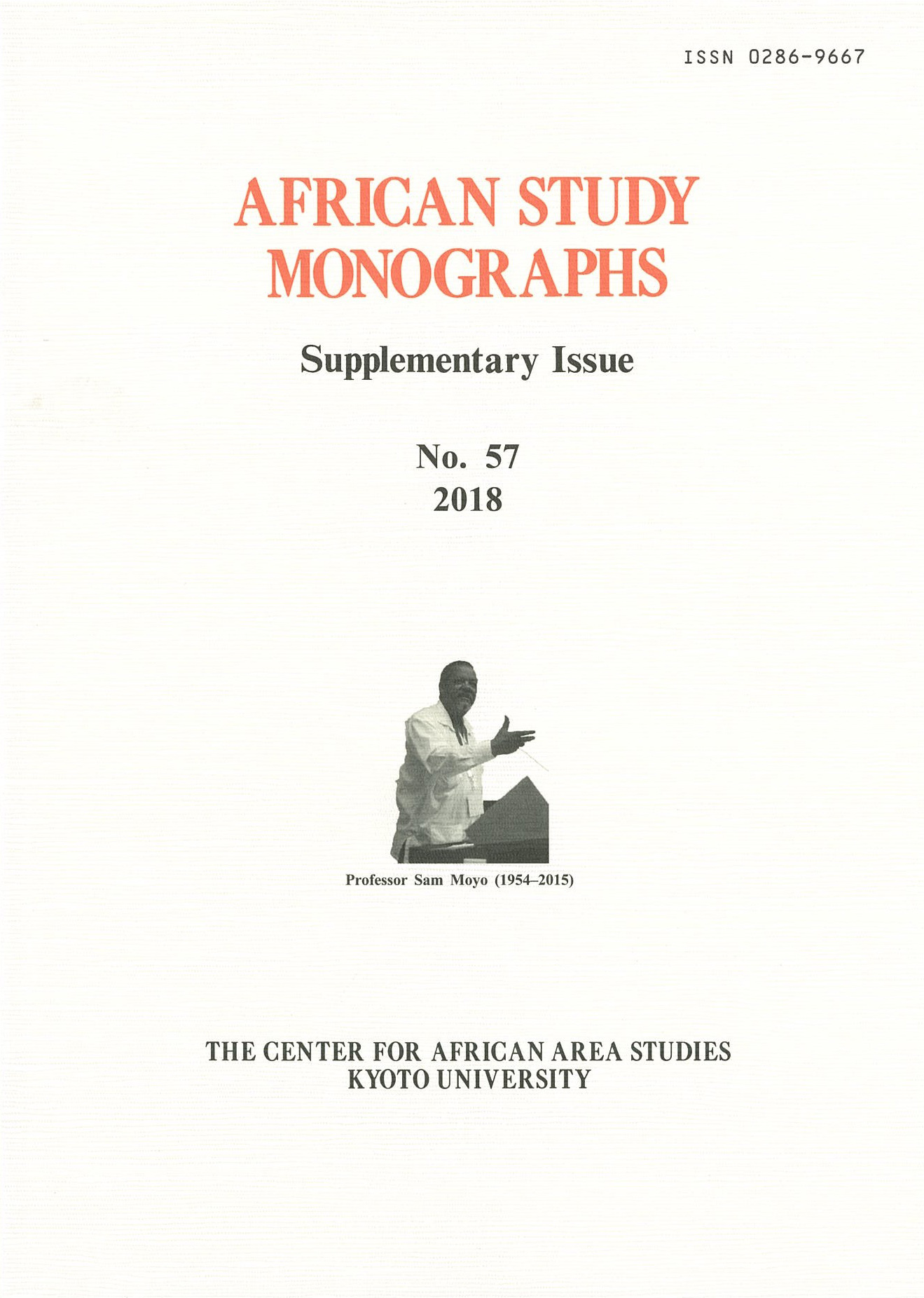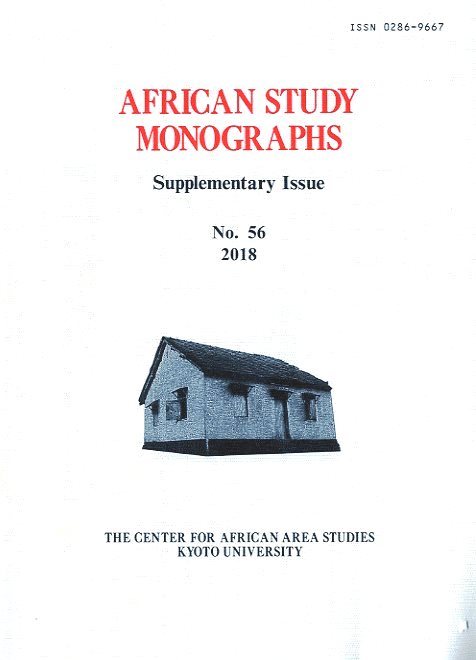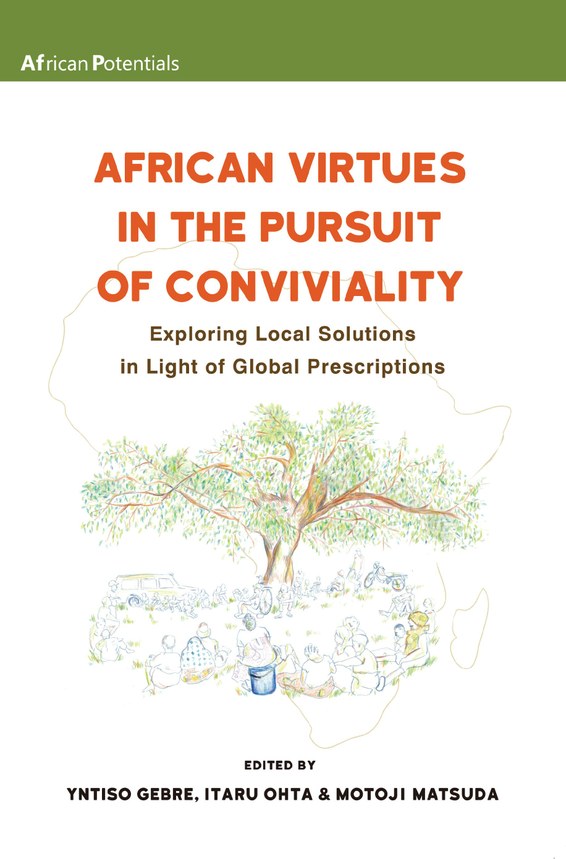AFRICAN FORUM

6th African Forum: Kampala
日時:2016年12月9日〜11日
場所:Grand Global Hotel, Kampala, Uganda
カンパラフォーラム報告
2016年12月9日から11日まで、ウガンダの首都カンパラで通算第六回の「アフリカ潜在力フォーラム」が開催されました。プロジェクトのメンバー以外にもマケレレ大学の大学院生や日本大使館、JICAカンパラ事務所の関係者なども含めて40数名あまりが参加し、「アフリカ潜在力」に関する白熱した議論が行われました。
フォーラムでは、まずプロジェクト代表から第二期アフリカ潜在力プロジェクトの目的と方向について説明あり、つづいて、マケレレ大学の社会科学カレッジの校長であり、著名な社会学者でもあるエドワード・キルミラ教授が基調講演を行いました。キルミラ教授は、第一回から毎回「アフリカ潜在力フォーラム」に参加し、プロジェクトの発展に寄与してきた、本プロジェクトの中核メンバーの一人です。
フォーラムは、「シティズンシップ」「紛争」「国民/国家」「ジェンダー」それに「生活・生業」の五つのセッションにわかれ、それぞれ「アフリカ潜在力」の現場レポートとその可能性についての討論がなされました。報告者は、日本からのメンバーが6人、アフリカ側が、ウガンダ、ケニア、タンザニア、エチオピアから8名、それに第一期からアフリカ潜在力の概念化をはかってきたメンバーがコメンテーターとなって議論の深化発展をはかりました。また今回から、次世代の研究者の連携と育成をはかるために、「ポスターセッション」を設けて、ウガンダ、ケニア、エチオピアそして日本から8名の報告がなされ、活発な意見交換がなされました。
「趣旨説明」においては、研究代表者から、今年度から開始された第二期のアフリカ潜在力プロジェクトでは、「アフリカ潜在力」概念の精緻化と汎用化を掲げて、第一期の「紛争」だけではく、アフリカ社会や現代世界が抱える多様な問題に対して、アフリカの潜在力の射程をひろげる挑戦をすることが確認されました。また同時に、第一期の5年間で培われてきた新しいタイプの日本とアフリカの研究ネットワークを次世代に継承発展させていくための努力を行うことも確認されました。
キルミラ教授の「基調講演」においては、「土着性あるいは固有性indigeneityのもつ可塑的で遊動的なダイナミックな側面を、現代性のなかでとらえ直すことがアフリカ潜在力のこれからの概念化の深化にとって重要であることが説得的に提起されました。
最終日の全体討論のなかでは、アフリカと日本の研究者の「一回生起的」ではない持続的で集中した協同作業を通して、これまでのアフリカ理解のパラダイムを支配してきた欧米出自の視点とは異質な世界認識と問題解決のための知恵と処方箋を展望することの重要性が共有できました。また今後のプロジェクトの焦点が拡散しないために、これまで蓄積されてきた議論を共有する仕組み(たとえばウェブサイトのいっそうの充実)の必要性や、より論点を絞って概念を鍛える努力も必要ではないかと提案もなされました。
今回のカンパラフォーラムは、第二期「アフリカ潜在力」プロジェクトのキックオフとして、大きな成功をおさめたと評価できるでしょう。 (プロジェクト・リーダー松田素二)

PROGRAM
Program Timetable
December 9, Friday
- 18:00-19:00 Registration
- 19:00-21:00 Reception at Grand Global Hotel
December 10, Saturday
- 10:00-10:30 Opening remarks
- Motoji Matsuda, Project leader
- 10:30-12:30 Keynote Address (Chair: Itaru Ohta) Edward Kirumira
- African Potentials: creating for an interrogative and comparative discourse beyond conflict resolution
- 12:30-14:00 Lunch Break
- 14:00-16:00 Session 1: Citizenship (Chair: Yntiso Gebre) Commentator: Samson Wassara, Eisei Kurimoto
- 1. Shoko Yamada
Domesticating Democracy? Civic and Ethical Education Textbooks in Secondary Schools in the Democratization Period of Ethiopia - 2. Sabiti Makara
Resilient Traditional Socio-economic Practices and the Politics of Pseudo-modernity in Post-colonial Africa - 3. Charlotte Karungi Mafumbo
UBUNTU: The Sustainable Approach to Youth Empowerment in Select Communities in Uganda and Rwanda - 16:00-16:15 Coffee Break
- 16:15-18:15 Session 2: Conflict (Chair: Francis Nyamnjoh) Commentator: Kennedy Mkutu, Itaru Ohta
- 1. Akiko Sugiki
Transnational Dynamics of Internal Conflict and Conflict Resolution: Why the Lord’s Resistance Army Still Matters to the Great Lakes Region in Africa - 2. Itsuhiro Hazama
Alternative Citizenship in East African Pastoral Societies - 18:30 Congress Dinner
December 11, Sunday
- 9:00-11:00 Session 3: Nation/State (Chair: Michael Neocosmos) Commentator: Francis Nyamnjoh, Shoko Yamada
- 1. Paddy Musana
The African Concept of Personhood and its Relevance in the Global Context - 2. Francis Onditi
African National Anthems: Their Theoretical Potential in Modelling Afrocentric Peacebuilding and Development Architecture - 3. Motoki Takahashi
African Potential beyond Dichotomy: Local Quest for National Integration? - 11:00-11:15 Coffee Break
- 11:15-12:15 Poster Session
- 1. John Mwangi
The Potential of Nyumba Kumi (Citizen Led-community Policing) to Counter Crime at the Kenyan Coast - 2. Mulu Getachew Abebe
The Lived Experience of Eritrean Refugees: The Case of Mai Aini Refugee Camp, Ethiopia - 3. Galabba Bosco
Juveniles’ Right to Education: A Case Study of Kampiringisa National Rehabilitation Centre (KNRC) June, 2016 - 4. Georgina Seera
Obesity and Undernutrition in Mukono Municipality, Central Region Uganda: Attitudes to Body Size and Shape among Women - 5. Shizuka Asada
A New Cooking Fuel Choice among Refugees in Kyaka II Refugee Settlement, Western Uganda - 6. Kohjun Hori
Land Scarcity and Inter Vivos Transfer of Land Inheritance in High Populated Region of Southwestern Uganda - 7. Hiroko Kawaguchi
A Narrative among the Local People to International Criminal Court - 8. Yukiko Kondo
Aspiration for Fertility: Survival Practices over Land and Food in Southwestern Rwanda - 12:15-13:30 Lunch Break
- 13:30-15:30 Session 4: Gender (Chair: Kennedy Mkutu) Commentator: Edward Kirumira, Michael Neocosmos
- 1. Lucy Massoi
Pastoralism, Women and the Church in Kilosa, Tanzania - 2. Tom Gesora Ondicho
Indigenous Ecotourism as a Poverty Eradication Strategy: A Case Study of the Maasai Community in Amboseli, Kenya. - 3. Kaori Miyachi
Aging in Africa: The Life of Elderly Women in Rural Kenya - 15:30-15:45 Coffee Break
- 15:45-17:45 Session 5: Livelihood (Chair: Eisei Kurimoto) Commentator: Yntiso Gebre, Motoki Takahashi
- 1. Getachew Senishaw
The Nexus of Worldview, Environmental Values, and Practices in Human-environment Relations: The Case of Midland Gedeo, South Ethiopia - 2. Noriko Tahara
The Creation of Mobility: Viewing People on the Move in Uganda through the Taskscape Perspective - 3. Christine Mbabazi Mpyangu
Ritual as a Cultural Pathway to Improving Livelihoods in Post War Northern Uganda - 17:45-18:30 General Discussion (Chair: Eisei Kurimoto, Motoji Matsuda)
- 19:00- Farewell Party at Mama Ashanti



